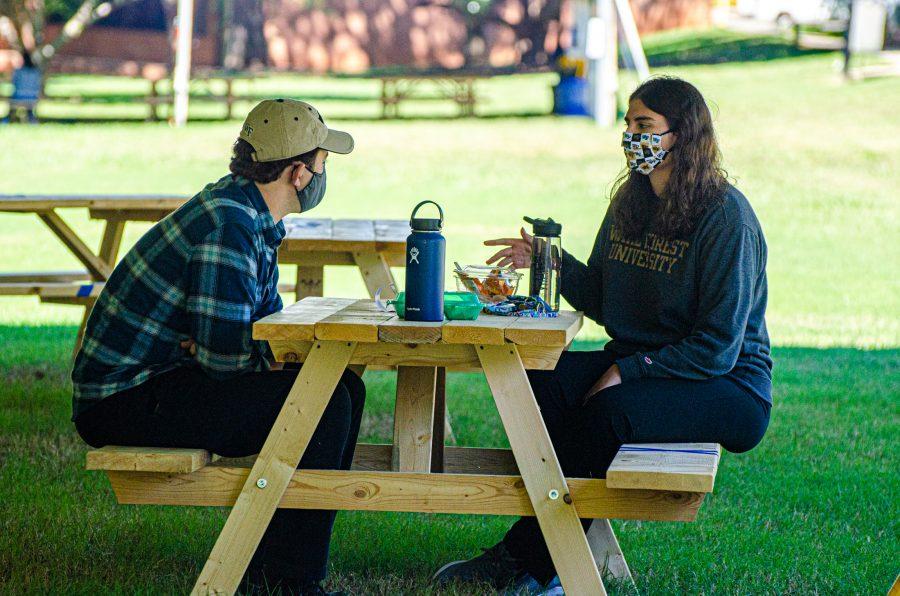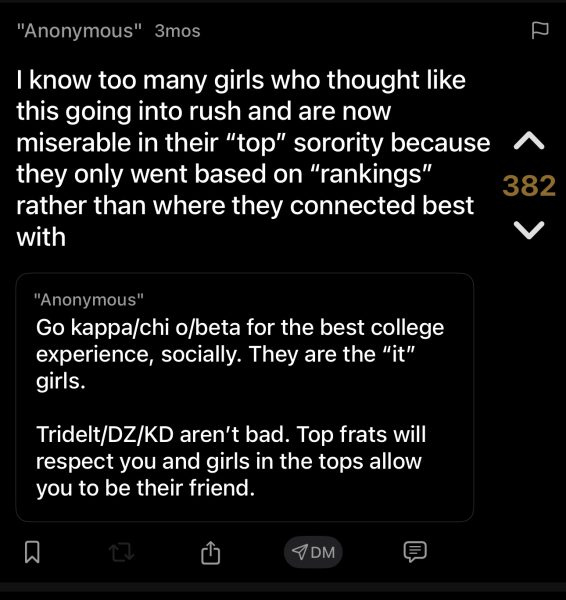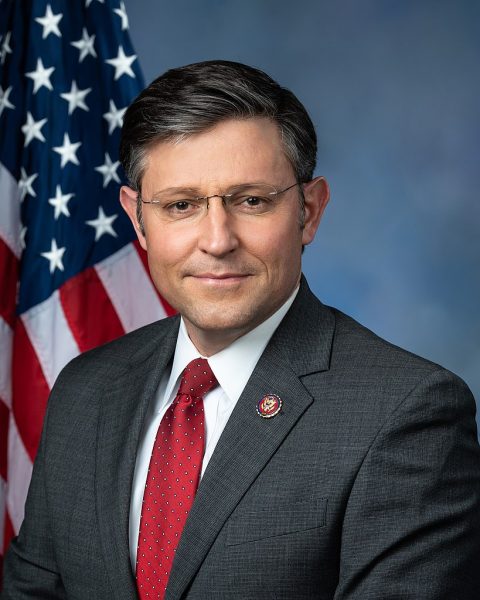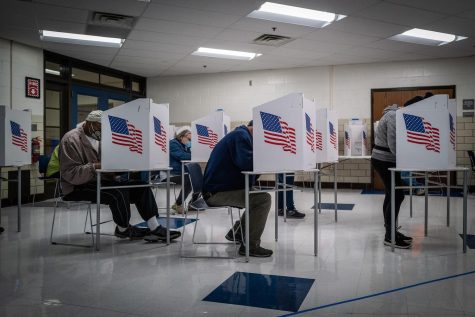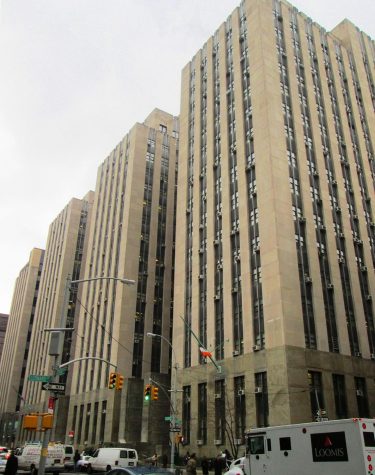University must adapt student life to weather
October 1, 2020
Sweater weather is upon us and as the days grows colder, I grow less and less confident in our ability to rely on outside space for socializing. It’s far from frigid at the moment, and in fact this week it’s even become warm again. However, it’s likely that within the final couple of months of the first semester — and even more likely that within the first two months of the second semester — the temperature will drop to levels that make face to face meetings under the tents unviable. I’m left wondering what options students will have for social gatherings.
I can only imagine a growing portion of students will begin to choose to meet with each other indoors. That is, in ways not consistent with the university’s COVID-19 guidelines for social gatherings. And this would not only be an effect of the cold weather, but perhaps equally so a consequence of quarantine fatigue. As important as social distancing guidelines are to follow, most anyone can recognize it’s not ideal for meeting others, maintaining relationships or remaining sane. And without a reliable alternative to meeting inside, students are left with a logistical dilemma that essentially eliminates their ability to balance their needs with a responsibility they have to keep themselves and others safe.
The issue here, really, is that the university has provided no alternative accommodations, or rather, has not yet communicated to students what alternative accommodations they will provide for the latter half of this semester and the beginning of the next. I would give the benefit of the doubt to the university in assuming they have planned for lasting weather conditions to make tents (in their current state) an inadequate solution for a considerable part of the school year, but as of now they have not made it obvious what plans they’ve made.
The temperature will drop to levels that make face to face meetings under the tents unviable…”
A certain lack of transparency has been a somewhat recurrent theme thus far in the semester. The information students have received directly or have been able to view on Our Way Forward is undoubtedly valuable, but it seems that each significant update — for example, the COVID-19 dashboard’s initial launch — comes at a slight delay. It seems that students are left nervously wondering what’s to come because the university could do a better job of communicating what they are planning, as they are doing so. Students want to have confidence in the university and this comes from regular communication. Publicizing the process of planning around COVID-19 makes it explicitly clear that matters for which students have concerns are in fact being considered, and are not primed to blindside the university.
The plans for creating cold-weather space that students can use to responsibly gather is the most recent of those updates, as I’m left wondering what solutions are being considered. When compliance with a number of specific guidelines is crucial for students to remain on campus, express communication on part of the university is paramount in ensuring that students can behave appropriately and, just as importantly, feel that they can trust their institution.
I understand that the complex and unprecedented nature of an issue like this makes the university’s job in creating solutions incredibly difficult and I appreciate that the accommodations they’ve made for students thus far have been creative and, all things considered, pretty effective. Even so, it’s troubling to not regularly be in the know about how the university is planning to tackle existing and future issues, or even what specific issues they’re considering.
The new norm is slowly becoming routine, but as students grow used to the state of things, the urgency of their actions may become increasingly lost, and they may become increasingly lenient. The fallacy that we can let up because the state of things is acceptable, when that state is a result of our diligence, is easy to fall into. And it seems to me that ensuring students are kept aware of how the university plans to continue to operate will only help keep them ready and careful.


